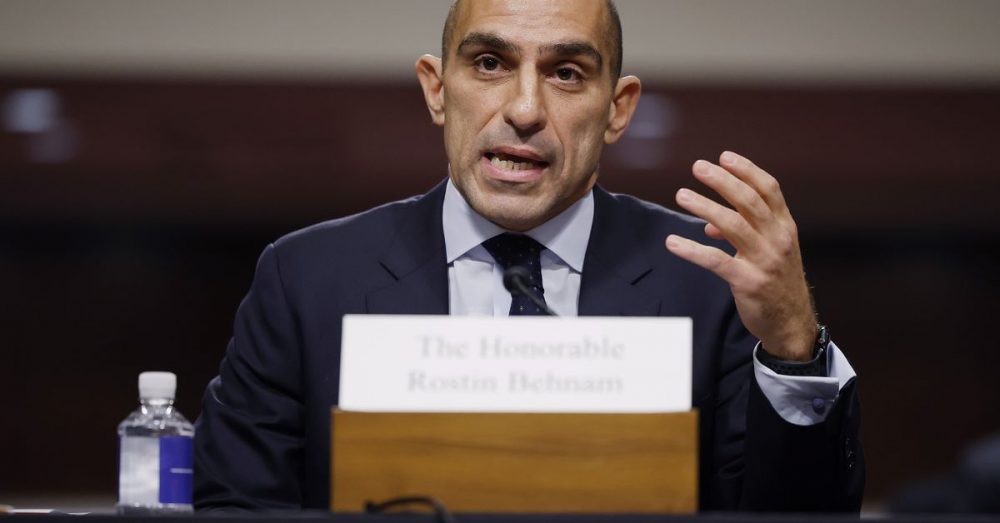FTX may not have happened if it was under the Commodity Futures Trading Commission’s watch, its head argued Thursday.
CFTC Chair Rostin Behnam, testifying in the first of several Congressional hearings on the collapse of the crypto exchange before the Senate Agriculture Committee on Thursday, said his agency could not have prevented FTX’s collapse as it was not an entity regulated by his agency. He asked the lawmakers for broader authority to directly oversee spot cash market exchanges, which are not currently regulated by any federal agency (tokens that are deemed securities are overseen by the Securities and Exchange Commission).
Most of the Senators did not seem to make much of a distinction between FTX US, the company operating within the U.S., and FTX.com, the global exchange based in The Bahamas. FTX.com has had the broader issues, including apparently sending customer and corporate funds to Alameda Research, its sister company.
Still, this sort of activity would be prohibited if the Digital Commodities Consumer Protection Act (DCCPA), a bill sponsored by committee heads Debbie Stabenow (D-Mich.) and John Boozman (R-Ark.) had been a law, Behnam said.
The DCCPA would ban the commingling of customer and corporate money, and also require better corporate governance and actual bookkeeping, Behnam said. Still, he suggested revisiting the bill to ensure it addresses the range of alleged misconduct that may occur at other companies.
“Given the circumstances of the past few weeks, I think we should take a pause and look at the bill and make sure there are no gaps or no holes,” he said. “… Where the bill may be strengthened [is] disclosures around financial information of the entity, the crypto entity and conflicts of interest, obviously an issue that many members have talked about today, given the brazen conflicts that occurred at the non regulated entity.”
With or without a pause, Behnam stressed the importance of moving quickly to pass legislation that could give his agency greater oversight of spot markets.
“Strengthening the bill and filling the gaps is one thing. We need to move forward as soon as possible. We don’t want this to happen again in the next few months and have the risk of customers losing money because of these gaps,” he said.
Behnam said at present all of the CFTC’s crypto-related enforcement activities are tied to tips and whistleblowers, “and that is not healthy.” He wants his agency to be able to spot possible issues itself.
“We need registration of exchanges. We need surveillance of market activity. We need direct relationships with custodians who are holding customer money so that we can prohibit and prevent money moving around,” he said. “There are so many tools in a comprehensive regulatory framework that will put us as boots on the ground in the entity to prevent all of these illegal activities.”







